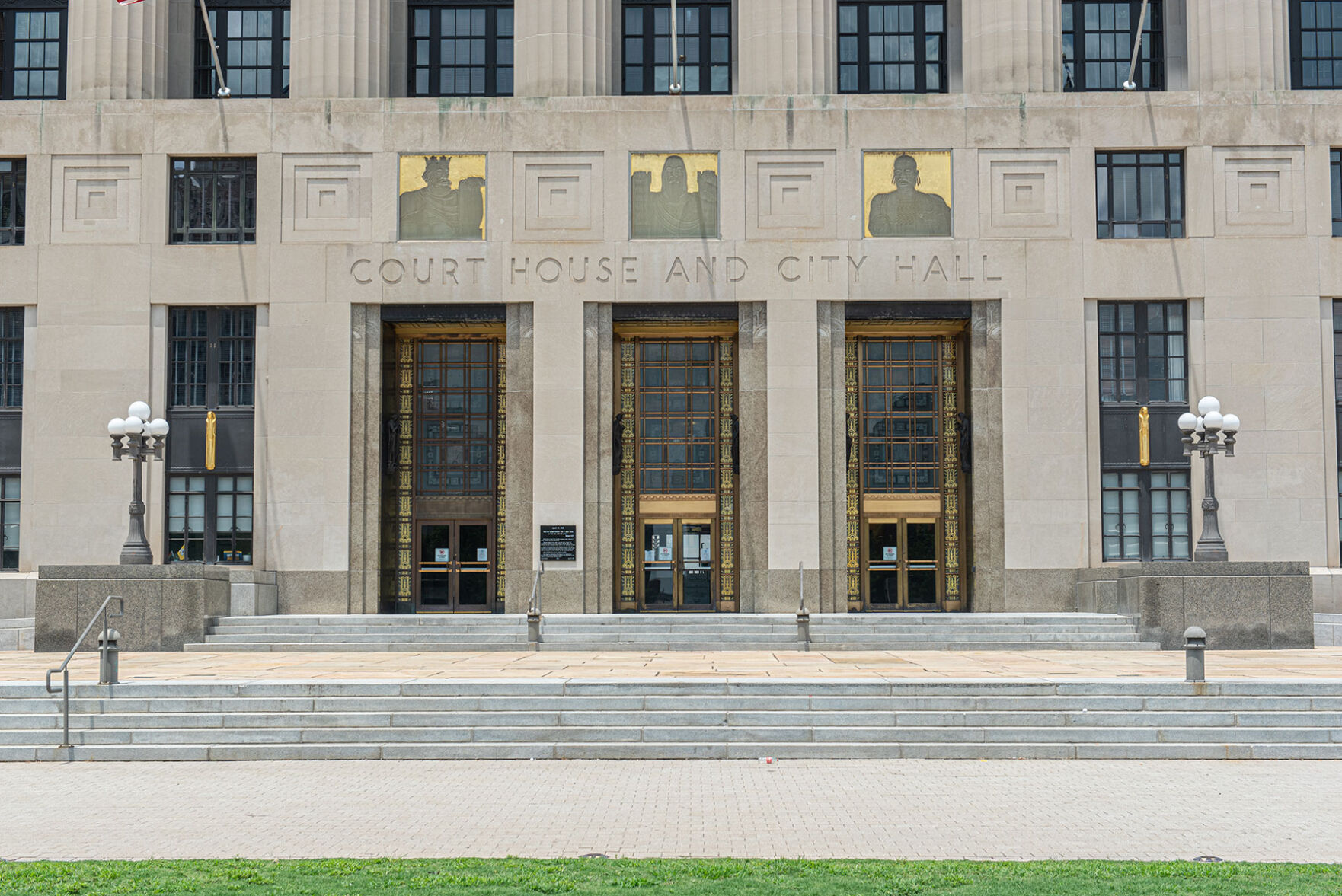Nashville’s new city officials filed into the Metro Council chambers Thursday for the first day of orientation, led by Vice Mayor Angie Henderson. All electeds were briefed on council procedure, open meeting laws, Metro departments, IT and technology, and other administrative norms. Orientation ran about an hour behind schedule, bumping Thursday’s mock council meeting off the afternoon schedule.
Thursday’s convocation was also a chance for Henderson, who beat incumbent Vice Mayor Jim Shulman in a narrow contest last month, to set a tone for the next four years. She budgeted particular attention to state preemption and the city’s relationship with the Tennessee General Assembly.
“We have to build relationships with the state and those lawmakers,” said Henderson. “We cannot just be cowering down here, with a certain cohort of lobbyists putting a gun to our heads and going up to the state to preempt us.”
The new Metro Council, which will preside over the city through 2027, includes 17 new members. The orientation runs from midday on Thursday through Saturday afternoon, capped by a reception with councilmembers and Metro department leaders. Thursday proceedings were also a chance for members to mix and mingle, learning formal chamber procedures alongside informal expectations and etiquette set by Henderson.
“If you are not a main sponsor — or if this is not an issue of concern in your district — you do not have to speak about that on the floor if it is not contributing to the debate,” Henderson told the room. "If you're just kind of getting up to say what has already been said, that's not constructive and that makes the meeting go longer. Nobody needs that kind of identity. We don't need to go there again.”
Friday’s events are set to take place at Vanderbilt, and Saturday’s will take place at the Music City Center.
Many councilmembers work full-time jobs outside their roles representing about 20,000 constituents apiece across the city. The job comes with a $25,615 yearly stipend (up this year from $23,100) and 12 council staff members, led by council director Margaret Darby, who work across the 40-person chamber. Mayor-Elect Freddie O’Connell will make close to $210,000 as mayor and command a roughly 30-person office. When state lawmakers moved to slash the size of the city council, they argued that a smaller chamber would lead to a more professionalized legislative body with higher salaries and dedicated staff for representatives.
Henderson hopes that a thorough orientation will help pave the way for Metro’s first council meeting of the term on Oct. 3.
“We’re focusing specifically on procedure and encouraging new members to ask as many questions as possible,” Henderson told the Scene Thursday morning, as she was preparing binders and paperwork ahead of orientation. “We will go over sunshine laws and spend a big chunk of time on land use and zoning, which is a large part of what district councilmembers will be working on during their term.”
Orientation was also an opportunity for Henderson to set informal expectations for her chamber.
An orientation schedule shared with the Scene includes presentations from Metro ITS director Keith Durbin, planning director Lucy Kempf, NDOT director Diana Alarcon, finance director Kelly Flannery, parks director Monique Odom, WeGo director Steve Bland, Metro auditor Lauren Riley, Metro Water’s Scott Potter, codes interim director Byron Hall, and several other staff members.
Council staff attorney Hannah Zeitlin briefed the chamber on Thursday afternoon about state law and preemption. She followed legal director Wally Dietz, who spoke about ongoing litigation against the state. He referenced upcoming litigation related to the state’s recent attempts to control the Metro Sports Authority, the key city go-between related to April’s deal with the Titans for a new $2.1 billion domed stadium on the East Bank.
“Local governments like Metro are creatures of the state, and state laws typically take precedence over local laws,” Zeitlin told members. “What are the options if Metro has been preempted? Unfortunately, not much.”
Zeitlin explained Metro’s legislative territory related to state and federal law, specifically addressing preemption to the body at the request of Henderson. Zeitlin explicitly addressed five categories of law — guns, inclusionary zoning, landlord-tenant relations, sanctuary cities and immigration, and discrimination — that have become legal thickets for Metro following laws passed by the state government. Zeitlin referred to the Tennessee General Assembly’s preemption on local gun laws as “one of the broadest preemptions in the Tennessee Code,” and thoroughly explained 2016 state law that has stymied Metro’s attempts to require affordable housing from developers.
“That is just outside our authority now,” Zeitlin told the chamber.





